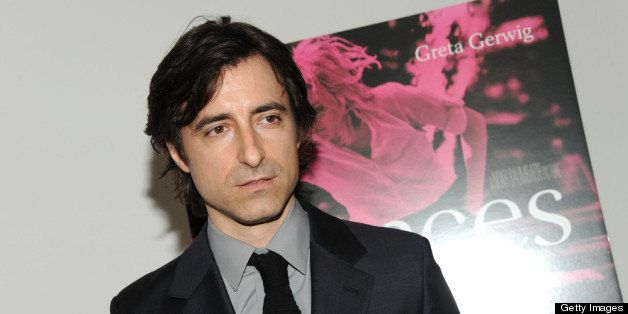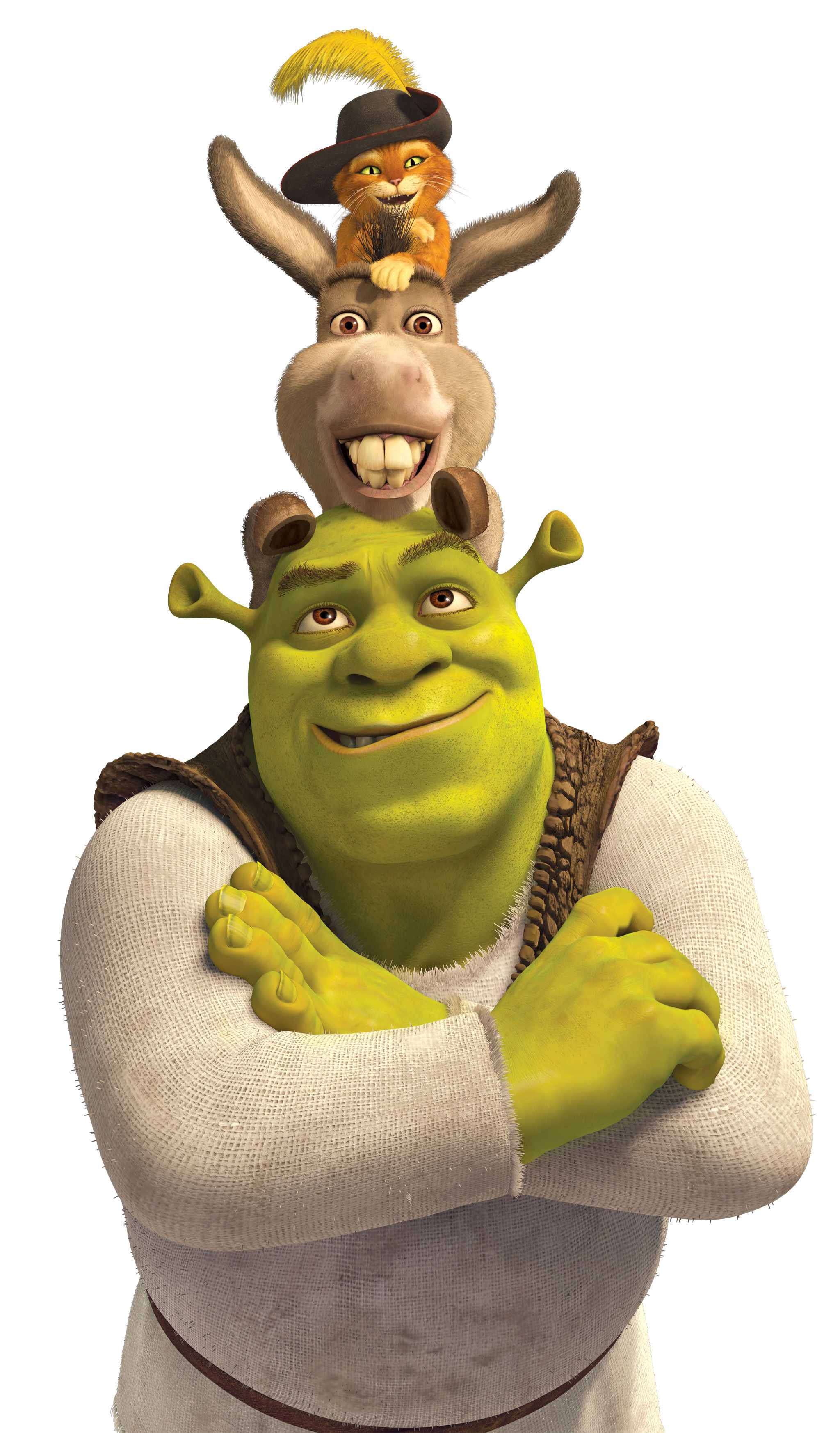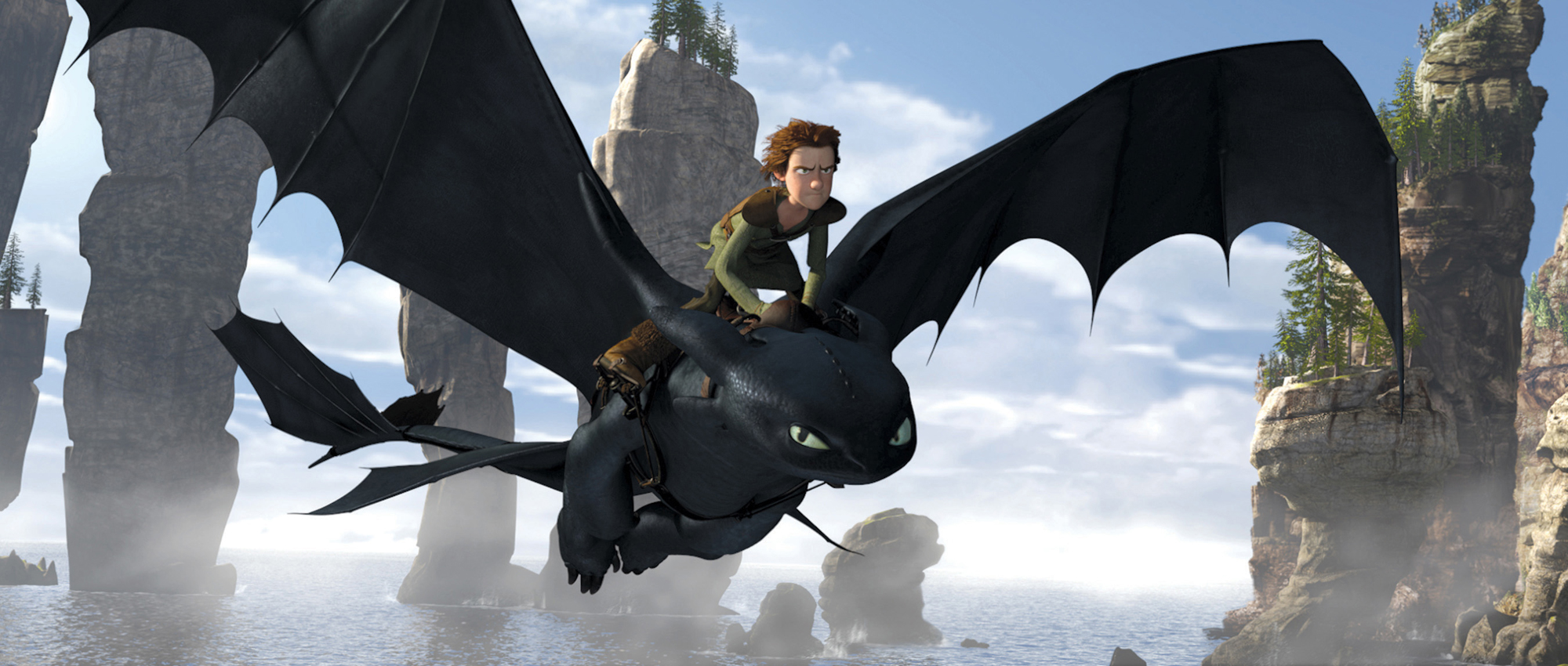 Tim here. I’m going to spend most of the remaining weeks of 2014 taking a look at some of the 20 films submitted to for the Best Animated Feature Oscar. These will mainly be the little underdogs that don’t really have a chance for a nomination, but deserve our attention as lovers of movies anyway.
Tim here. I’m going to spend most of the remaining weeks of 2014 taking a look at some of the 20 films submitted to for the Best Animated Feature Oscar. These will mainly be the little underdogs that don’t really have a chance for a nomination, but deserve our attention as lovers of movies anyway.
But first, a different kind of film that doesn’t have a chance at receiving any Oscar buzz: this week’s new Penguins of Madagascar, the 30th release by DreamWorks Animation, and the last wide-release animated feature of the year. If I may confess my sins to all of you, I was actually looking forward to this, kind of: the penguins of the Madagascar film trilogy have been reliable stand-outs for as long as the franchise has existed: a wacky military squadron comprised of an ebullient Skipper (Tom McGrath), no-nonsense Kowalski (Chris Miller), wide-eyed moron Private (Christopher Knights), and demented, dangerous Rico (Conrad Vernon), executing fearless action film maneuvers with no sense of sanity or reason, and giving the gaping chasm of mediocrity of the first two Madagascar pictures precious comic energy for a few minutes at a stretch.
The thing about the penguins, though, is that they were brilliantly used as little shots of free-floating absurdity, random gag machines delighting in cartoon physics and psychology, not so much breaking the rules as ignoring their existence outright. That’s fine for comic relief, especially in a film whose idle state is so dreary as the first two Madagascars. But those little vacations from reality only work when we don’t actually need to care about the penguins beyond knowing that they are surreal and goofy. Putting them front and center over a long running time and a sustained character arc places a demand on the characters that’s totally unsustainable. These aren’t characters, they’re agents of chaos, and they can’t be used like characters.

Yet the three writers and two directors of Penguins of Madagascar go right on ahead and try to fit them into the normal beats of an American kid-focused animated film, down to the sad bit about the character who just wants to be understood for his idiosyncratic ways (“be yourself, love yourself” is a good lesson for children, of course, but it’s one of the dominate themes of, seriously, like every single DreamWorks film). The characters’ one-note personalities, and the limited number of gags that can be spun out of them, turns shrill and noisome over 90 minutes. There’s a plot behind this, but it barely matters: a James Bondian sort of deal with a penguin-hating octopus (voiced with unexpected brio by John Malkovich) on one side, a team of Arctic animal spies lied by a wolf played by Benedict Cumberbatch on the other. And in between, the four penguins whose history with the octopus spurred his rage act with all the insensible fearlessness their braggadocio can support.

It’s manic as all hell, which isn’t really the problem: it’s the routine sameness of it that drags the film down. One setpiece follows approximately the same beats as all the others, and the penguins are designed too specifically to be inflexible, unchanging characters to remain interesting over the course of everything that happens. Even their expressions barely change: the animators don’t even get to play around much with exaggerated gestures or faces. And while any ten-minute slice of the film has some level of playful, unexpected comedy, all of the slices resemble each other to the point where watching eight of them in a row is soporific.
It’s not devoid of good humor and even real wit. Werner Herzog vocally cameos as a deranged Germany documentary filmmaker in a parody of his Encounters at the End of the World, and it comes close to the “anything goes” feel that made the penguins enjoyable to begin with; and there are just enough gags that seem to have been inserted into the film largely because nobody could come up with a reason not to put the penguins in lederhosen, or to have them infiltrate Fort Knox. It’s not insufferable, but it’s awfully tiring, and the packed house of deadly quiet children and parents I saw the film with would seem to back me up that whatever this film is good for, it’s not providing more than the most generically passable entertainment.

Oscar chances: Oh, no. No, no, no. DreamWorks needs to put it all on How to Train Your Dragon 2 and pray.
 Thursday, January 6, 2022 at 11:46AM
Thursday, January 6, 2022 at 11:46AM  Noah Baumbach at a screening of Frances Ha
Noah Baumbach at a screening of Frances Ha










